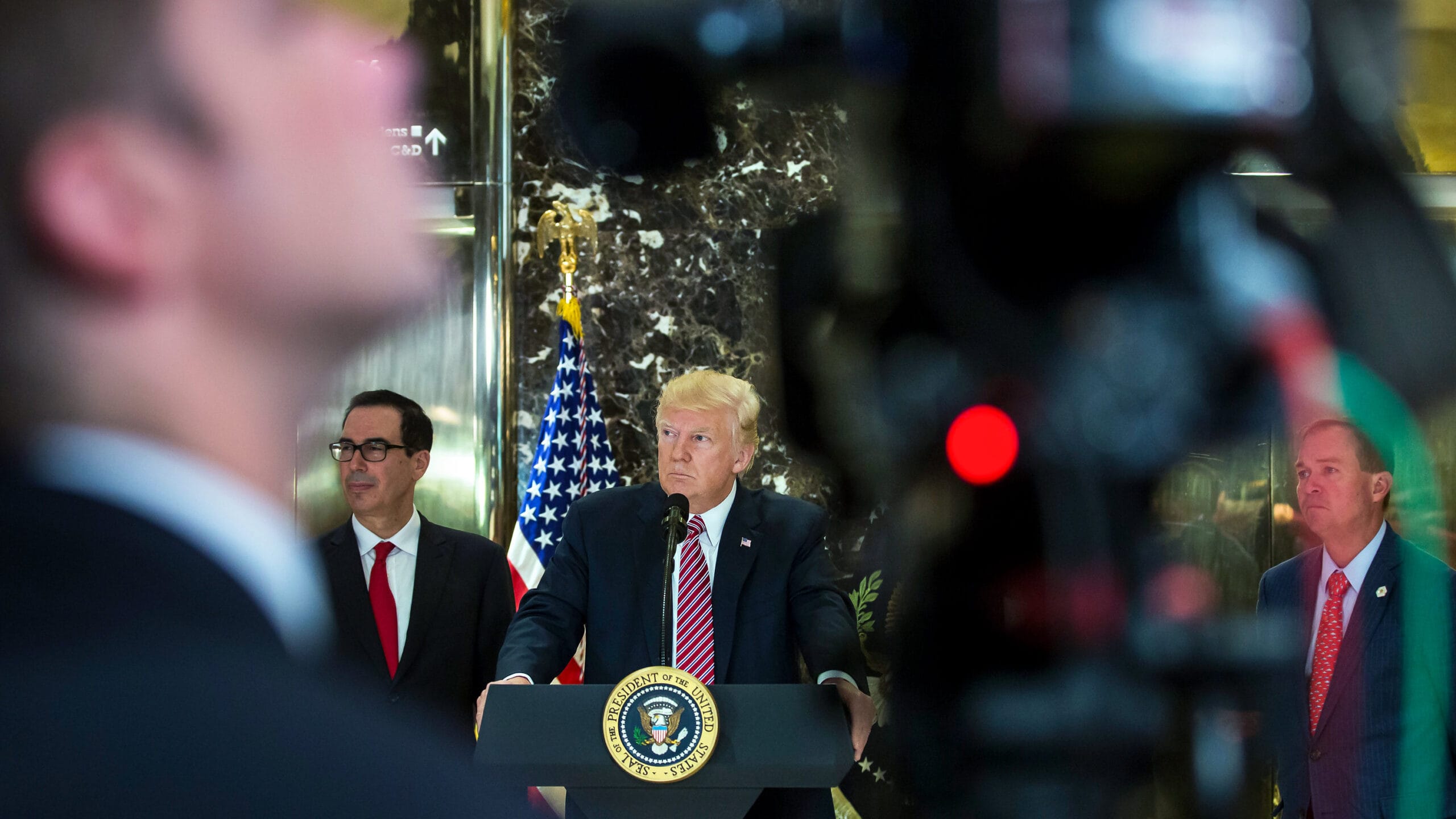In a recent press conference, former President Donald Trump made headlines by expressing his support for the polio vaccine, asserting that he “absolutely believes” in its efficacy. This announcement is significant in the context of ongoing discussions about vaccinations and public health, particularly as the world grapples with misinformation surrounding vaccines.
Trump’s comments were made in response to a question regarding his stance on vaccination, especially given the polarized views associated with health interventions during and after the COVID-19 pandemic. By emphasizing his confidence in the polio vaccine, Trump aimed to clarify his position at a time when public trust in vaccines had been waning.
The polio vaccine, which has been instrumental in nearly eradicating polio worldwide, remains a pivotal component of public health. Trump highlighted the historical success of the vaccine, citing the drastic decline in polio cases since its introduction in the mid-20th century. He noted that the vaccine had saved countless lives and significantly reduced the burden of the disease.
During the conference, Trump also discussed the broader implications of vaccine hesitancy. He acknowledged that there have been controversies surrounding vaccines in recent years, leading to debates about their safety and necessity. “We must fight misinformation,” Trump stated, indicating that addressing public concerns about vaccinations is crucial in maintaining the progress made in combating infectious diseases.
In addition to supporting the polio vaccine, Trump addressed other health-related topics during his remarks. He spoke about the importance of ongoing research and development in the medical field, emphasizing that advancements in vaccines and treatments could help prevent future outbreaks of diseases. This reflects a broader understanding of the interconnectedness of health, science, and governance, particularly in an era characterized by rapid medical advancements.
The response to Trump’s statements was varied. Health professionals lauded his affirmation of the polio vaccine, viewing it as a step towards promoting vaccine acceptance. They noted that public figures can significantly influence public health narratives, and Trump’s voice could play a role in encouraging individuals to consider vaccinations more seriously.
However, some skeptics raised concerns regarding the potential implications of mixing politicking with public health messaging. They argued that while support for the polio vaccine is welcome, greater consistency in messaging around vaccines as a whole is essential. The challenge remains for leaders to unify their stances as misconceptions and varying opinions about immunizations continue to circulate.
In recent years, health officials have reported a worrying trend: increasing numbers of children in some regions have gone unvaccinated or under-vaccinated for preventable diseases. This trend poses a risk of outbreaks, not just of polio but of other vaccine-preventable disorders. Trump’s remarks, therefore, fall within a broader context of public health communication strategies aimed at combating vaccine misinformation and promoting health literacy.
As the dialogue around vaccination continues, Trump’s acknowledgment of the polio vaccine serves as a reminder of the progress made through scientific development and community health initiatives. Reinforcing the importance of immunizations is crucial in sustaining the advances achieved in global health.
Looking ahead, it is clear that public trust and understanding are pivotal in administering vaccinations effectively. For health authorities, the task is to convey factual, accessible information about the importance of vaccination in preventing diseases. The relationship between public figures and health initiatives can greatly influence public perceptions and decisions regarding vaccines.
While the current climate around health can be contentious, moments where influential voices stand in support of established medical practices can foster trust and promote better health behaviors among the public. Trump’s address is just one example of how discourse surrounding vaccines remains a pressing issue that requires ongoing attention and engagement from all sectors.


